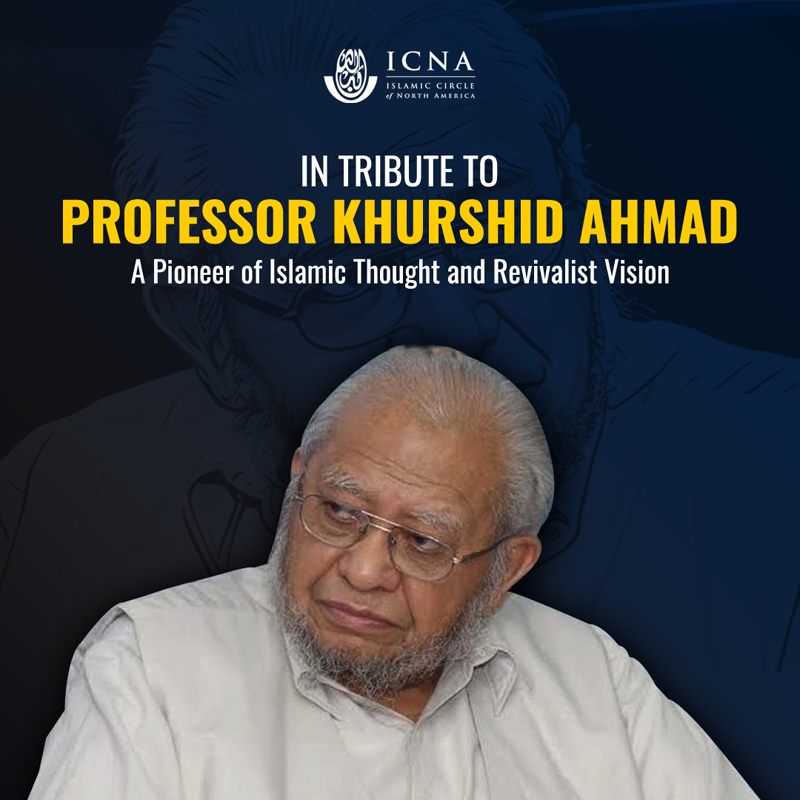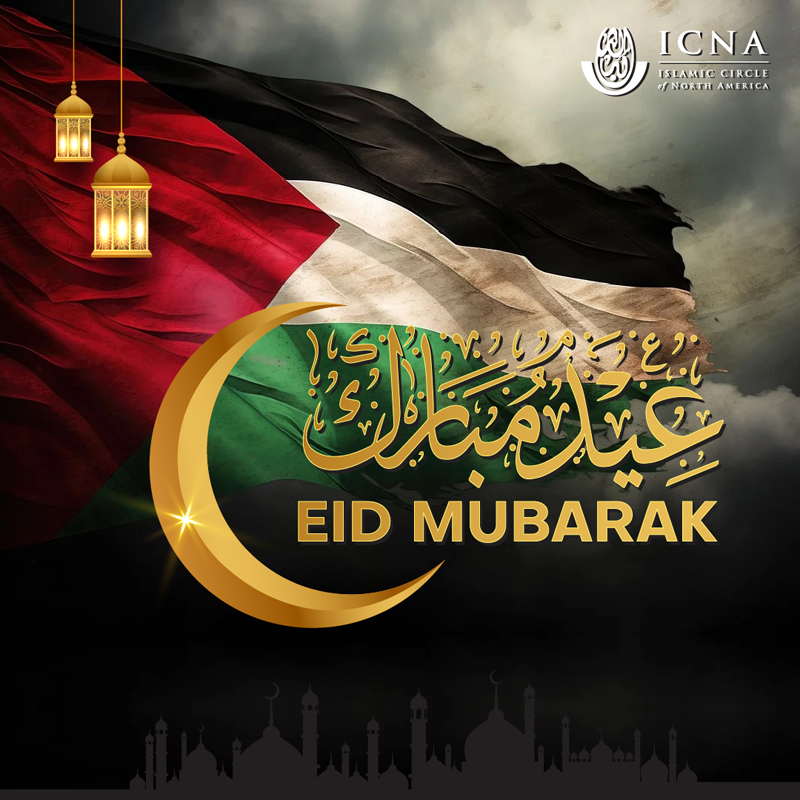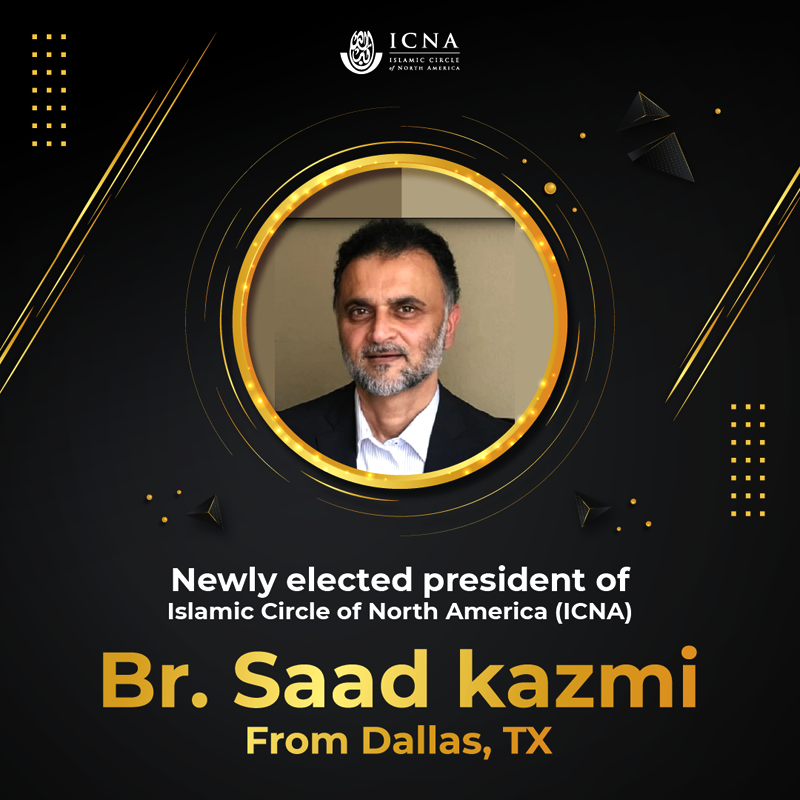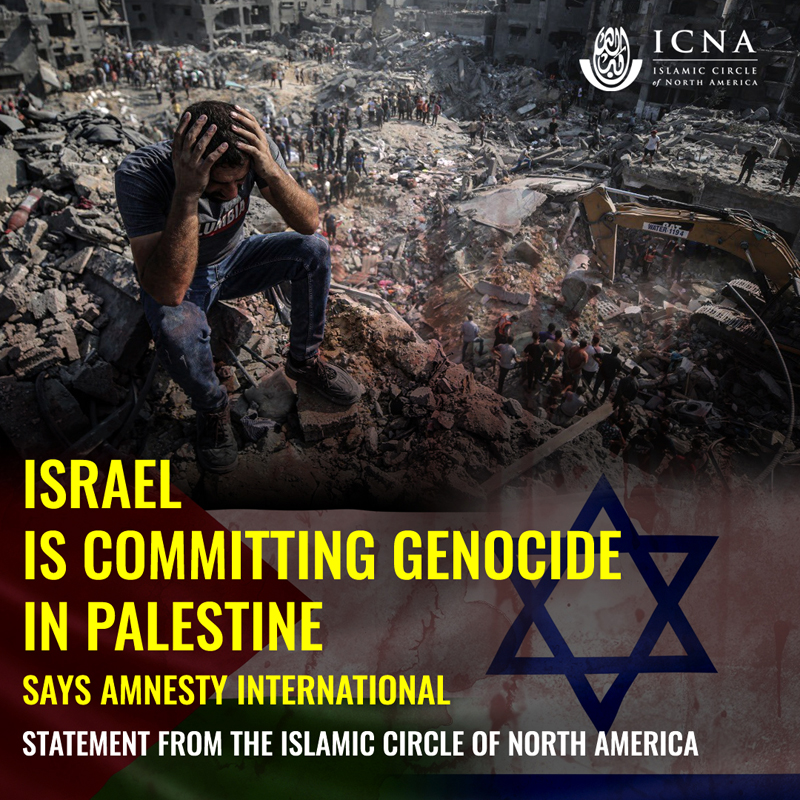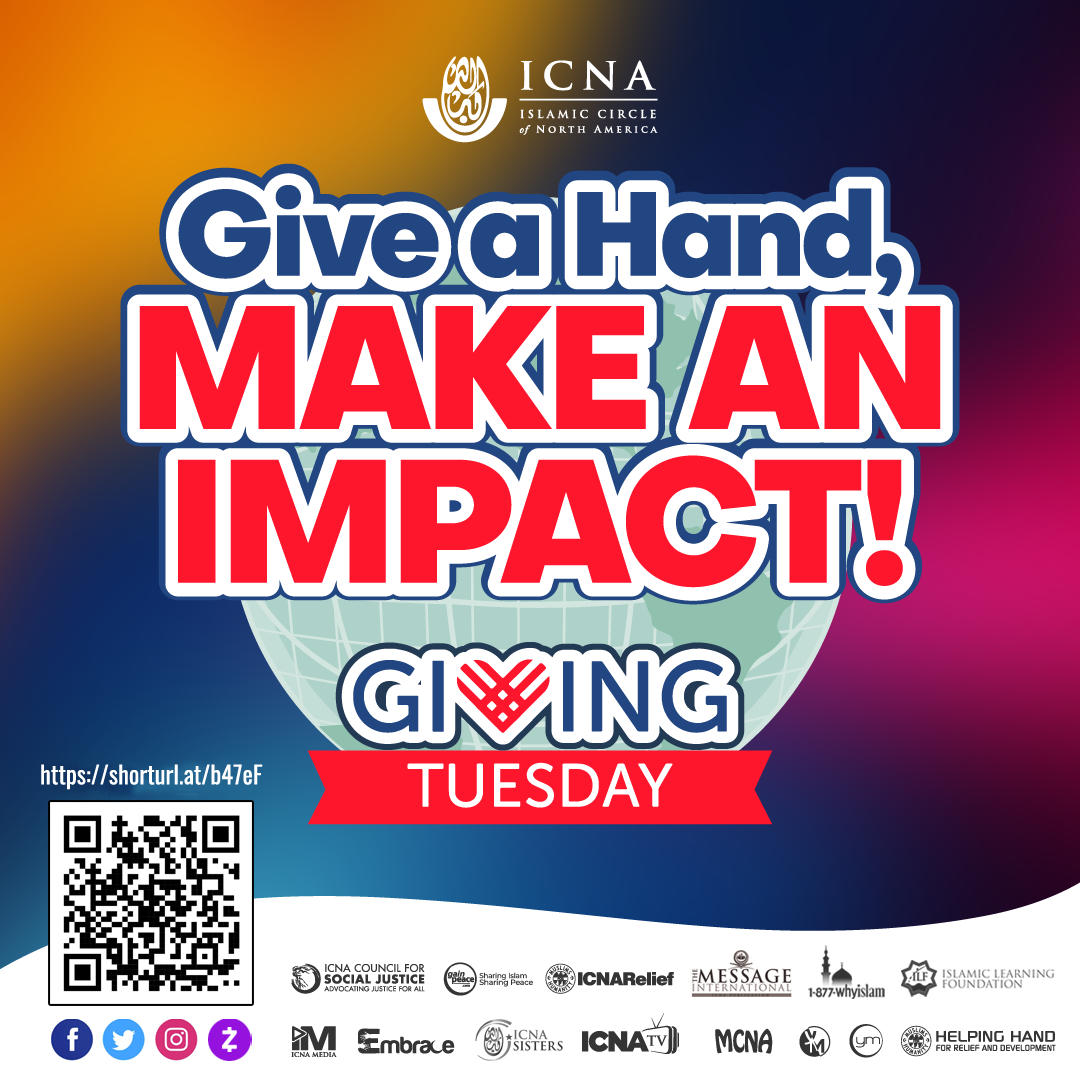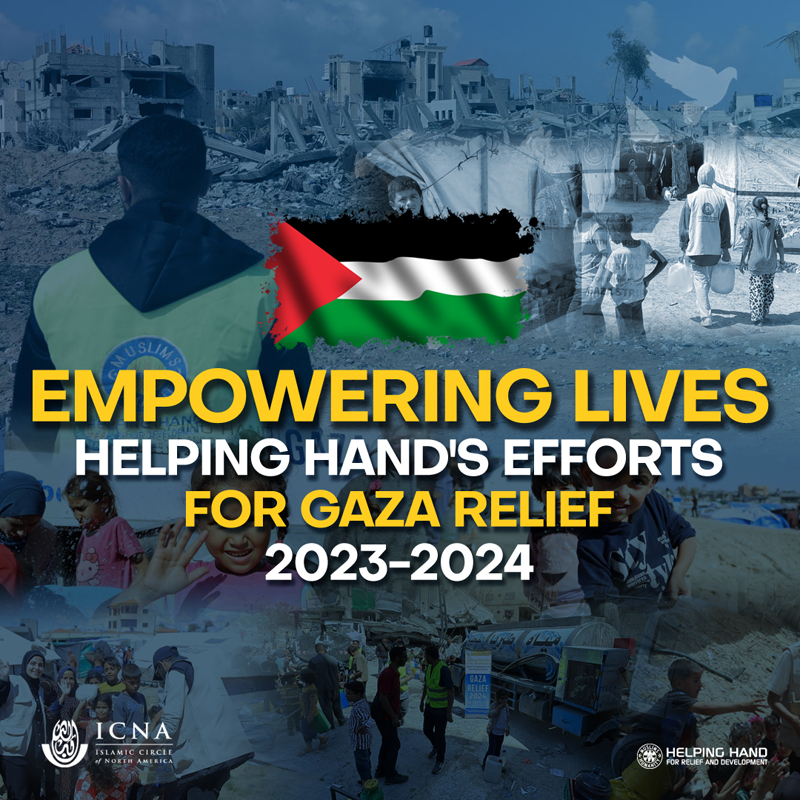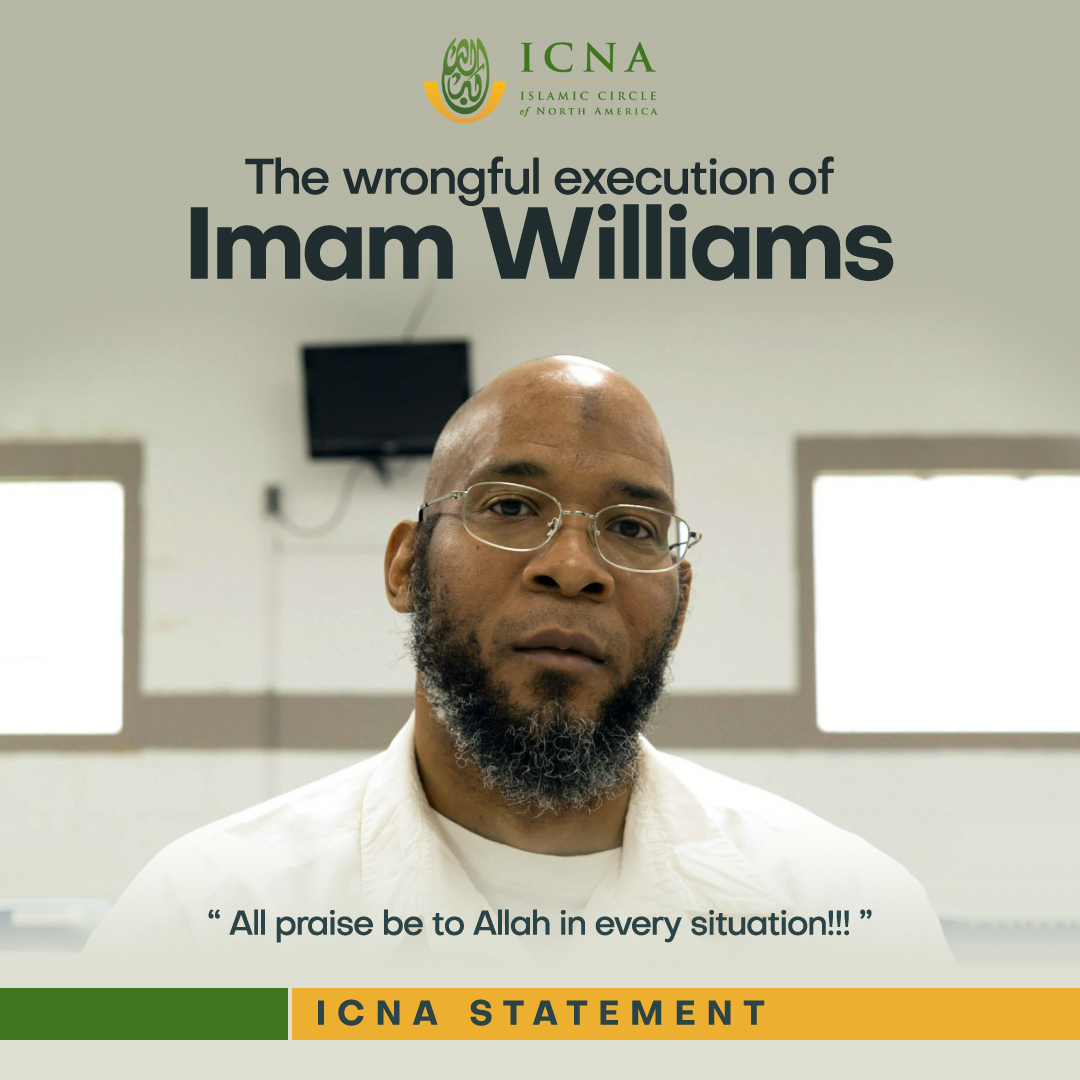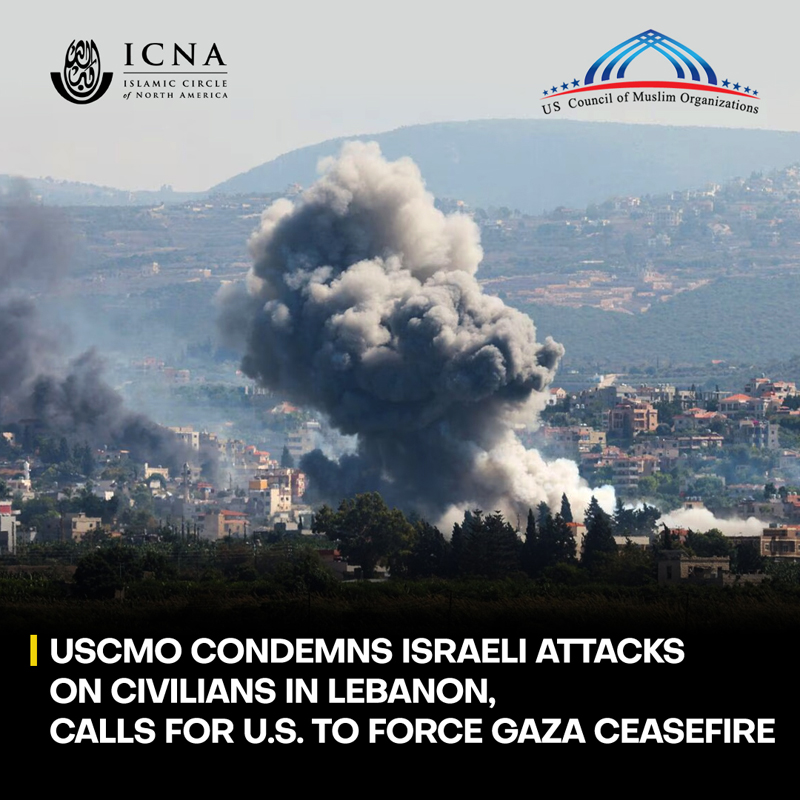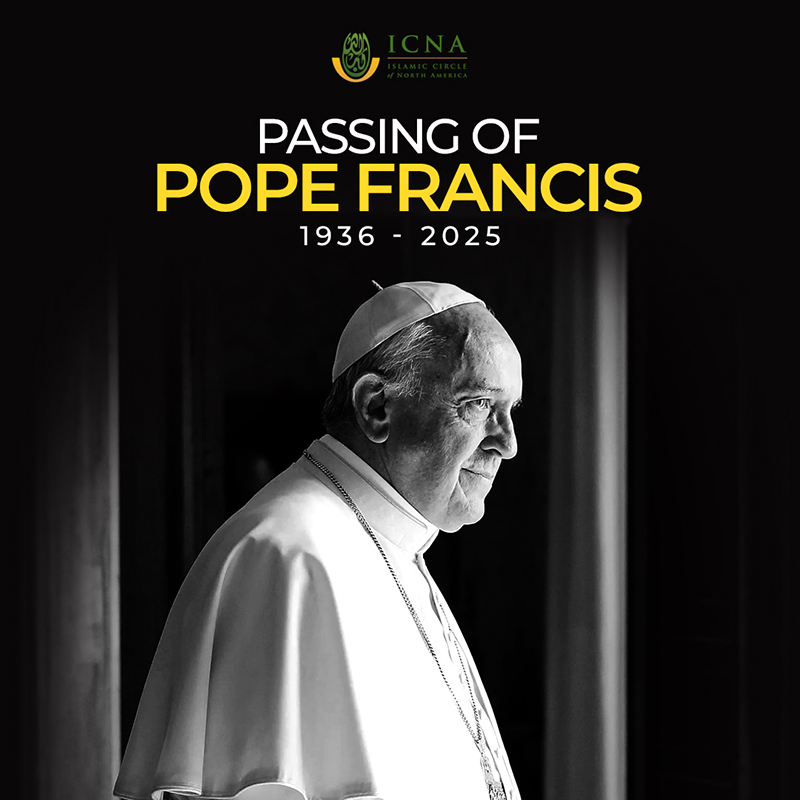
Passing of Pope Francis
All Praises are for Allah Lord of all that exists, and peace and blessings of Allah be on His final Messenger and his household. ICNA is deeply touched by the passing of Pope Francis, who departed this world following a brief illness. We extend our heartfelt condolences to our Catholic partners in interfaith dialogue (National Catholic-Muslim Dialogue), the global Catholic community, and all those around the world who are mourning his loss. Pope Francis was a symbol of humility, compassion, and bridge-building, and his absence will be deeply felt across faith traditions and communities committed to peace and justice. This was so evident from his simple life-style. His life exemplified humility and compassion, marked by an unwavering commitment to the service of humanity. Pope Francis dedicated himself to uplifting the marginalized, advocating for peace, and promoting justice across all borders. His deep yearning for a more peaceful world was powerfully reflected in his final public message, delivered just a day before his passing, in which he called for an immediate ceasefire in Gaza. In his emotional appeal, he described the situation there as both “dramatic and deplorable,” underscoring his enduring concern for human suffering and his moral leadership until the very end. Pope Francis stood as a moral beacon in a world so divided, yet he consistently advocated for peace, justice, and compassion for the marginalized—even in the face of criticism and adversity. His steadfast dedication to building bridges between faiths and promoting dialogue rooted in mutual respect left a lasting impact that transcended religious boundaries. Through his words and actions, he inspired hope and understanding, not only within the Christian world but across the global interfaith community. As Muslims, we recognize the value of righteous leadership and the importance of standing together in times of both joy and sorrow. Pope Francis’s legacy of empathy, simplicity, and advocacy for the downtrodden resonates deeply with our own Islamic values. We pray that God, the Most Merciful, brings comfort to those mourning his loss and may his efforts toward unity and compassion continue to inspire generations to come.


